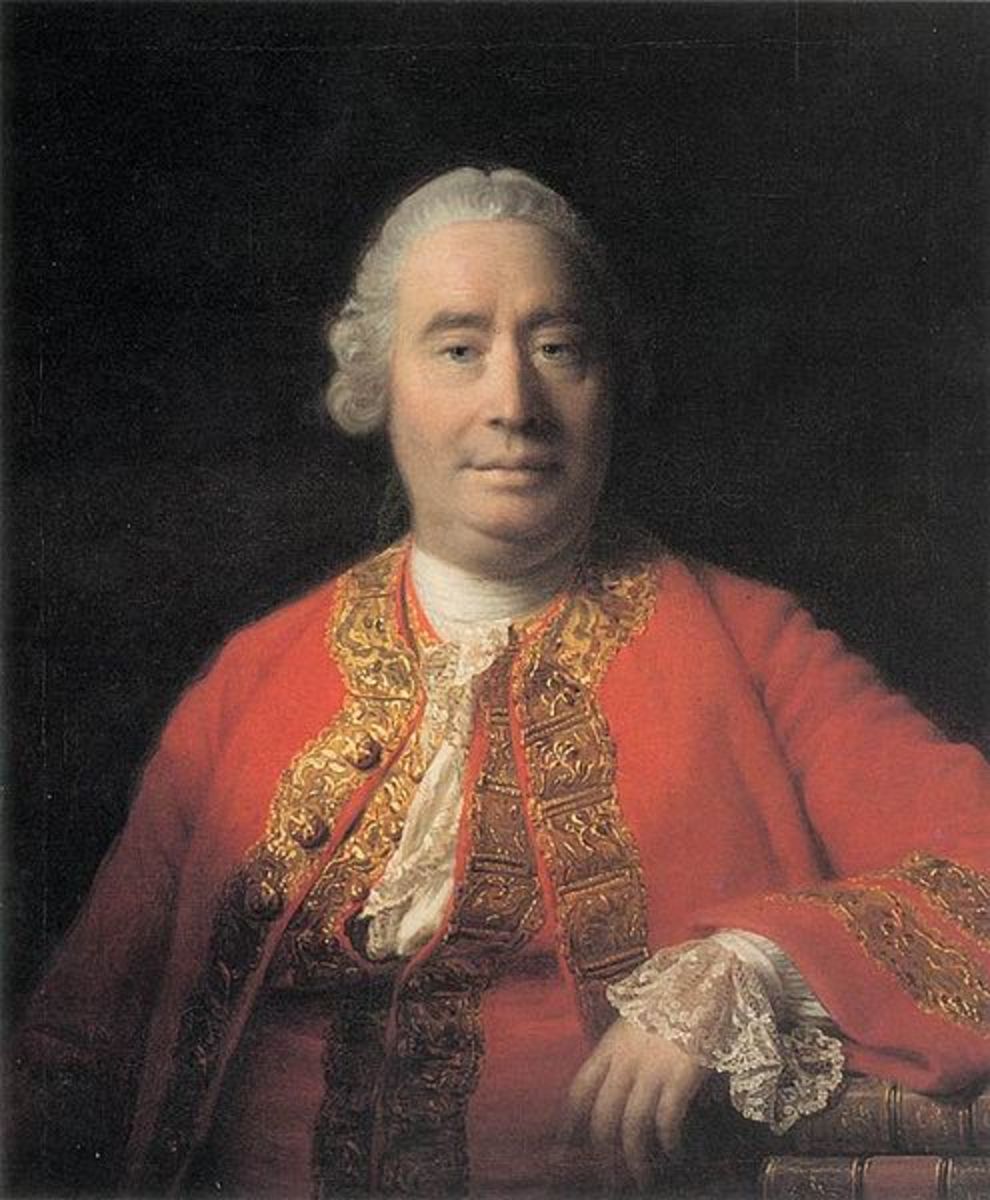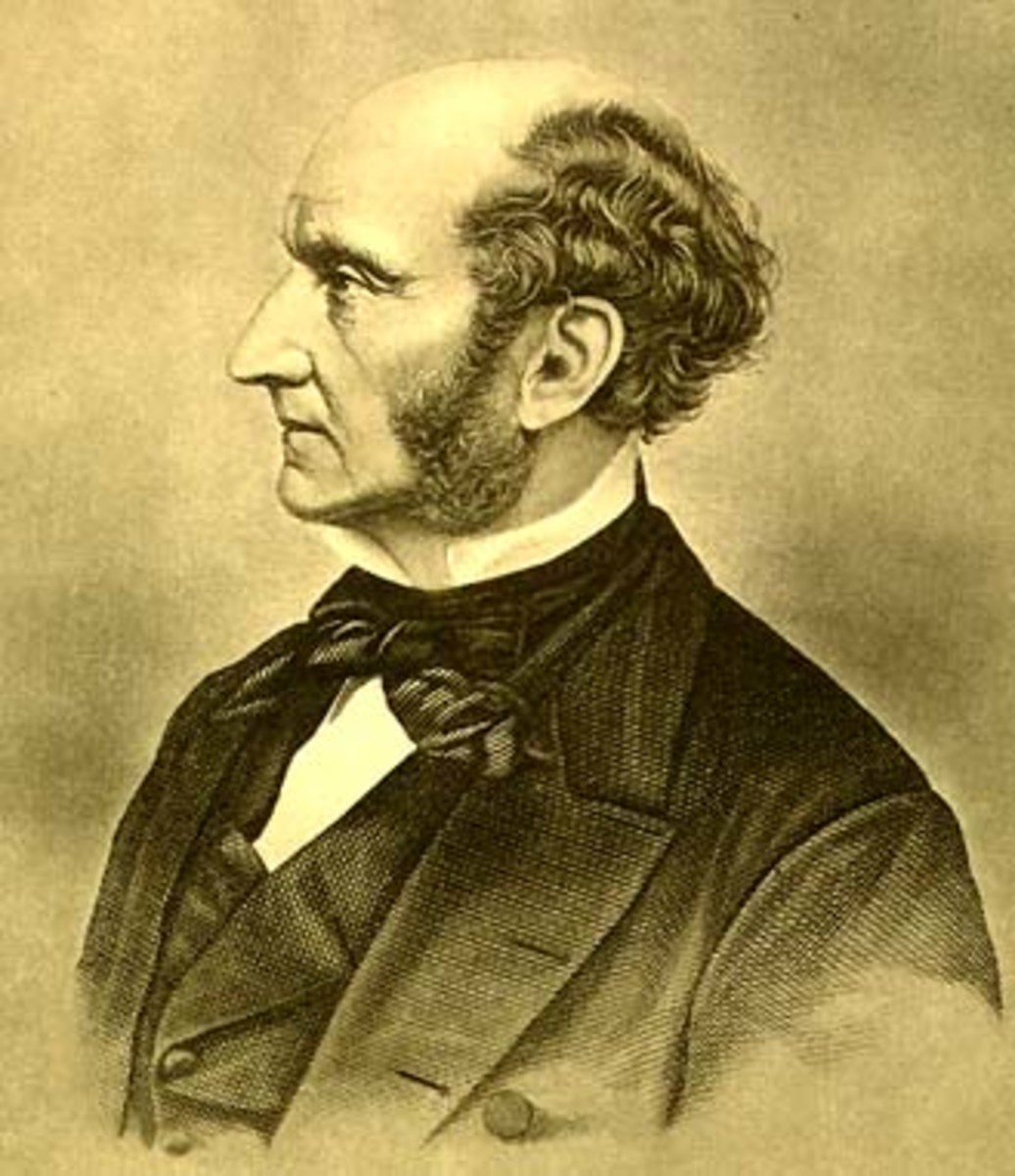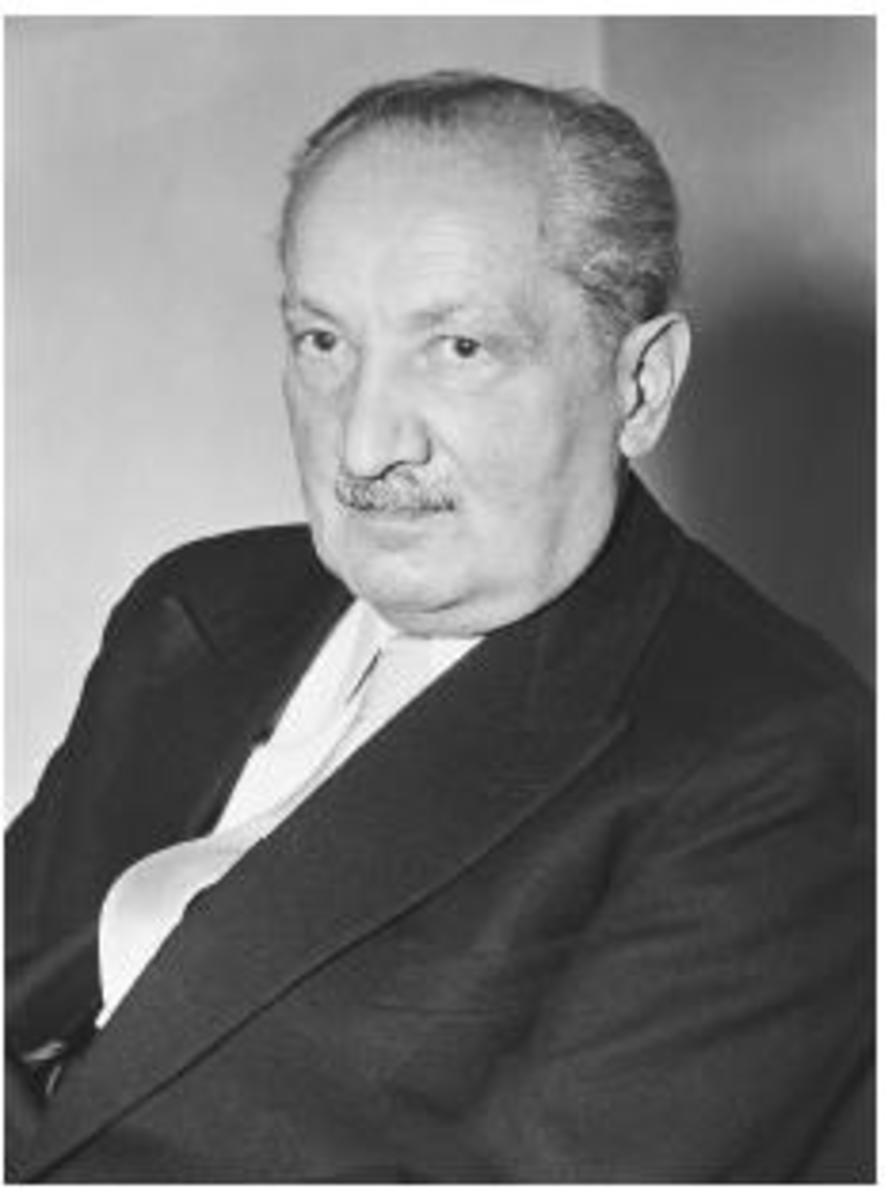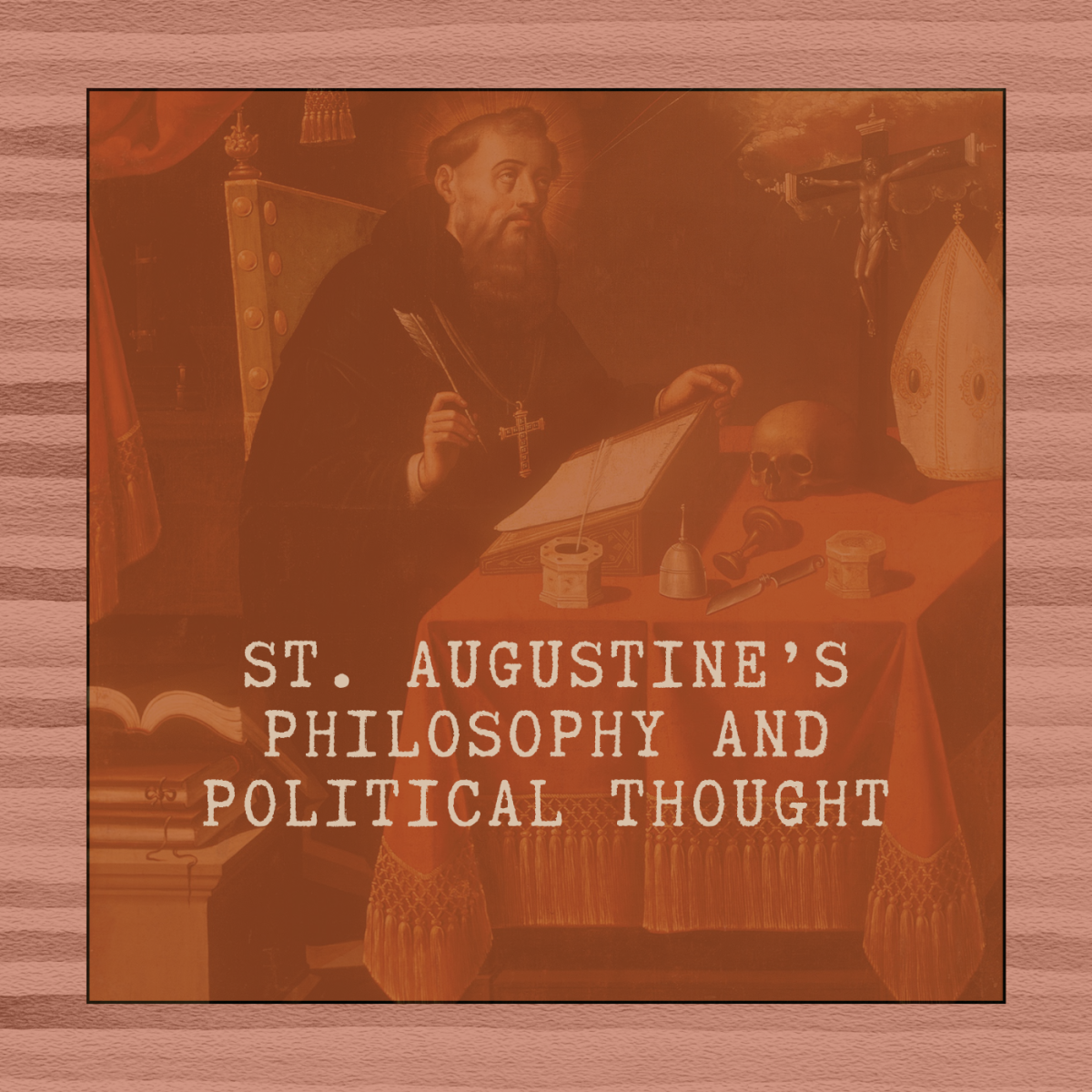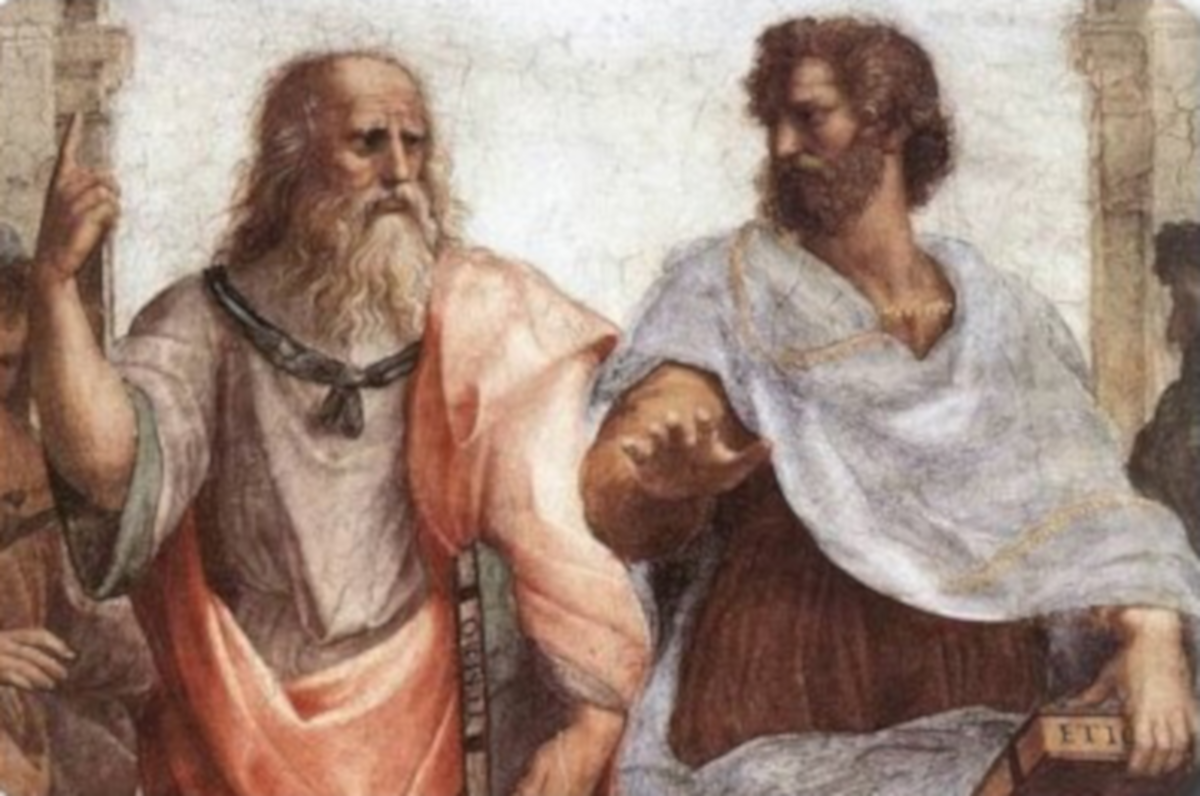Key Concepts of the Ethics of Immanuel Kant
Immanuel Kant was an 18th century German philosopher who is responsible for the foundations of modern deontological (rule based) ethics and for attempting to synthesis the views of 17th and 18th century rationalists and empiricists to resolve the major philosophical conflicts that had obsessed the last two centuries. Many consider Kant to be the most important philosopher of the modern period and many scholars consider him to be the most important single philosopher in the history of human civilization. Unlike most major philosophers, Kant wrote most of his major works later in life and had lived a quiet life as a professor of philosophy in his hometown, having never once left the city limits. Kant was a rationalist being heavily influenced by the works of Gottfried Leibnitz until reading the works of David Hume. Said Kant, “Hume awoken me from my dogmatic slumber,” and he set out to solve the problems that Hume had proposed in his radical works.

Kant’s major work Critique of Pure Reason starts as a response to the concerns of empiricist and rationalist thinkers and then goes off in a totally new direction. The next year Kant wrote Critique of Practical Reason, an outline of his moral philosophy that would forever change how human beings thought of moral reasoning and would remain, along with Utilitarianism and Virtue Ethics, the three major ethical theories that are taken most seriously by contemporary philosophers. What follows is a summarizing of Kant’s ethical theory with a second hub dedicated to his other philosophical views.
Universalize Your Maxim
The Supreme Categorical Imperative is a list of three rules that form the basis of judging correct moral actions. The first, and most famous version of this, is where Kant asks you to form a maxim for your action. Then you must universalize it. If the universalizing of the maxim causes a logical contradiction then the action is impermissible. A common misconception of this version of the categorical imperative is that it amounts to “what is everybody did that?” This means that if you are going to commit an act, such as littering, you shouldn’t do it because living in a world where everybody litters would really suck. That isn’t what Kant is saying because the whole point of his ethics is to avoid appealing to consequences and this very obviously is appealing to consequences.
What Kant means is that your maxim forms a logical contradiction when universalized then it negates the point of the action that you plan to undertake. For instance, you are driving along the highway and there is a traffic jam. You decide to break the law and drive along the emergency ramp. If you universalize this action then everybody would drive along the emergency ramp and nobody would be able to get through the traffic jam. Kant most famously applied this to lying and suicide and both examples have led to famous objections.
In the case of lying, Kant states that lying in a logical contradiction because when one lies they intend to be believed. This means that the person intends to be trusted and at the same time betrays that trust. If this was universalized the foundation of trust in society would be completely destroyed and nobody would ever be able to make a promise. Kant stated that lying was never permissible under any circumstances but it was purposed that if a murderer was at a door asking you to tell them where somebody was that they wanted to kill, then by Kant’s theory you would have to tell them. This remains a much contested example and many philosophers have given their take on the dilemma over the years. Kant himself never wavered on this. He stated simply that you could not lie in this situation and his essay “On a Supposed Right to Lie from Altruistic Motives” gives his detailed reasoning behind this.
In the second example of suicide, Kant considers somebody who wishes to kill themselves out of self-love. Kant thinks this an obviously a contradiction because to destroy the self out of love for the self seems counter intuitive to our logical intuitions. However, we must assume that Kant meant in his example someone who was suffering from an extreme depression. As euthanasia continues to be a hot issue in medical ethics we wonder if this applies to the terminally ill who are in great deal of pain. This continues to be an issue of contention. Kant’s ethics are duty based and we have duties to others and ourselves that we must fulfill. If one is in great pain Kant’s ethics do not take pleasure and pain into account so this is irrelevant to the situation while Utilitarians argue that the maximizing of pleasure and the minimizing of pain is the main goal of ethics.
Treating Others as Ends
In Kant’s second version of the Categorical Imperative it is stated that human beings should not be treated as means to an end but as ends in themselves. This is based on the idea that human beings have intrinsic value. Kant bases the intrinsic values of humans on their ability to act as moral agents and rational free beings. In this way, only human beings are intrinsically valuable. This has become another point of contention between Kantians and Utilitarians in contemporary philosophy because Kant dismisses the idea that human beings have any duty to animals while Utilitarians are traditionally proponents of animal rights. While Kant says that humans have no duty to animals he does state that harming of animals is in bad character and in violation of “indirect duties to humanity” but he gives little justification for this.
In Kant’s favor, is the fact that this second version of the categorical imperative expressly forbids the use of human beings in the service of “the greater good.” This means that it is impermissible to harm or kill a human being in order to serve the interests of the majority. In Utilitarian ethics it would be morally justified to murder another human being in order to save the lives of other people. A Utilitarian could theoretically kill and harvest the organs of one person to give them to four sick people who needs them to live. (My hub on John Stuart Mill will address the Utilitarian side of this debate.) Kant’s ethics have been indispensible in medical ethics where doctors are expected to treat their patients interests as completely separate from the well-being of their other patients.
For this second rule, it is important to note that the key thing for Kant is intent. A person may do harm to another person if the harm is not the direct intent of their actions. An arm can be amputated from a patient in order to save his life. Kantians have also used this while justifying acts of war. In the case of military action, the point is not to kill the enemy but to right an injustice committed by the opposing side. This is the Kantian version of a “just war theory.” Kant’s theory had an influence on human rights, especially after World War II where both sides attacked civilian areas purposely. In Kantian theory, it is unacceptable to attack civilians. If civilians are killed while attempting to destroy a military base this is tragic but it was not the intent of the action. There are still many critics of this justification of war but Kant remains the primary template for human right decisions in our modern world.
Act Always as a Free and Rational Being
Kant’s theory of free will was influenced by Jean-Jacques Rousseau, who emphasized autonomy in his political theories. To Kant, a moral imperative (an ought) implied that one could act in this way. What this means is that Kant based a person’s ability to act as a moral agent on their ability to reason and then act on the conclusion of reason. Kant discounted the role of desires in moral reasoning. He believed that moral decisions were controlled by “the will” which was the faculty by which a moral agent was able to use reason to look past desire and to prioritize higher desires from lower desires. Some philosophers argue that the will is in fact just another desire (a desire to be moral or to be reasonable) and is not a separate faculty but Kant strongly disagreed.
One of the common criticisms of Kantian ethics is that it only is good at telling us what we shouldn’t do but provides no moral incentive to act in a way that would be helpful. Kant would disagree saying that our duty to other human beings is in helping them to maximize their freedom. An example of this would be if you saw a man with a flat tire along the road and you stopped to help him. This would be an effort to maximize his freedom. The same can be said when you try to help the poor or any other charity to disadvantaged individuals. Their freedom is compromised you have a duty to help them achieve a higher level of freedom so that they can more easily act as free and rational beings.
Using the example of the man with the flat tire, it is possible that your helping him could have bad consequences. Say the man was rushing home because his wife was about to leave him. Because you helped him he was able to get home just in time and in a dispute he killed her. A Utilitarian would say your action was wrong because it led to bad consequences. Kant says that you can’t possibly predict the consequences. What you did was right in spite of the consequences because you were fulfilling your duty to your fellow man. What he does with his free will is not your responsibility.


